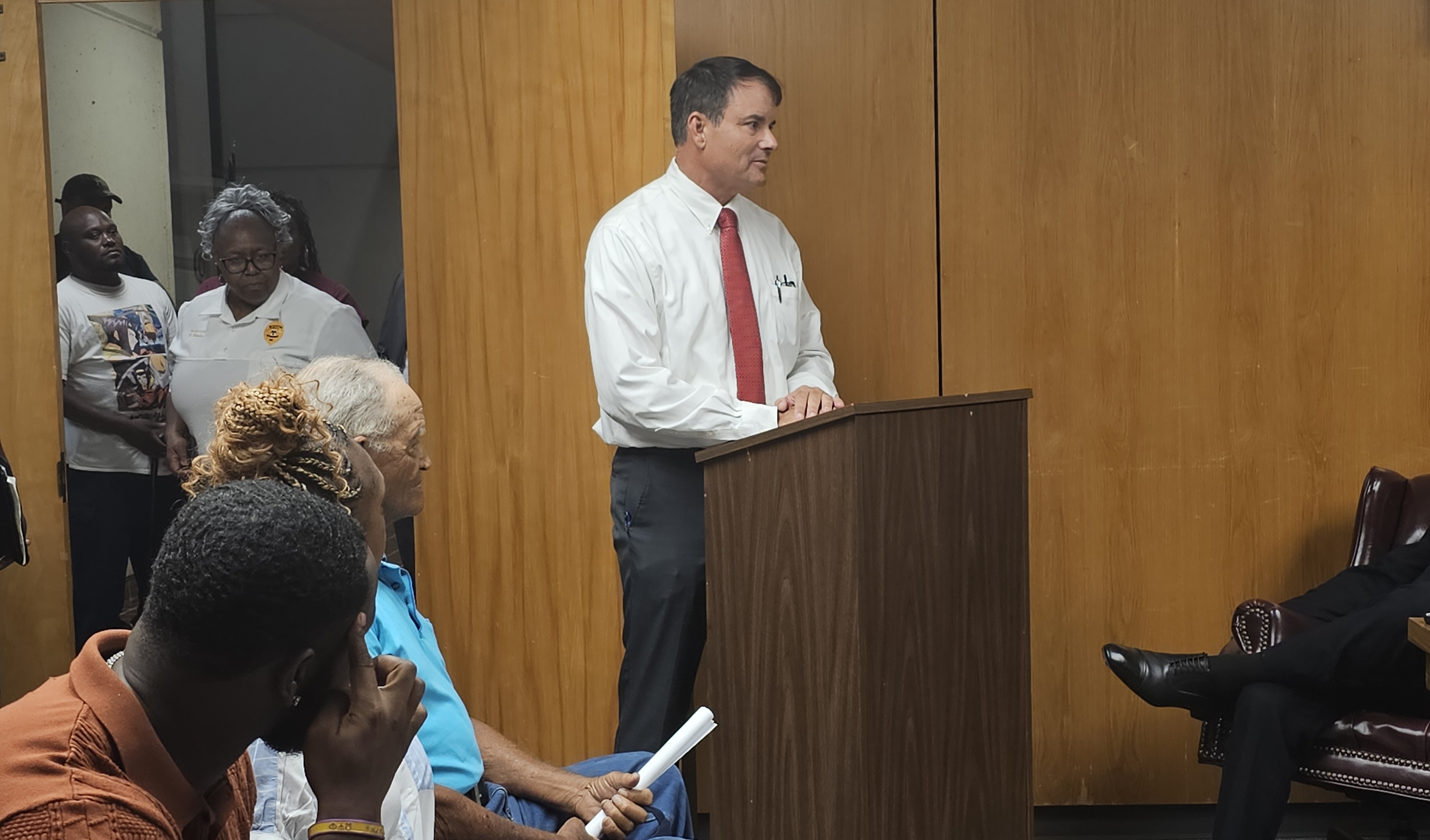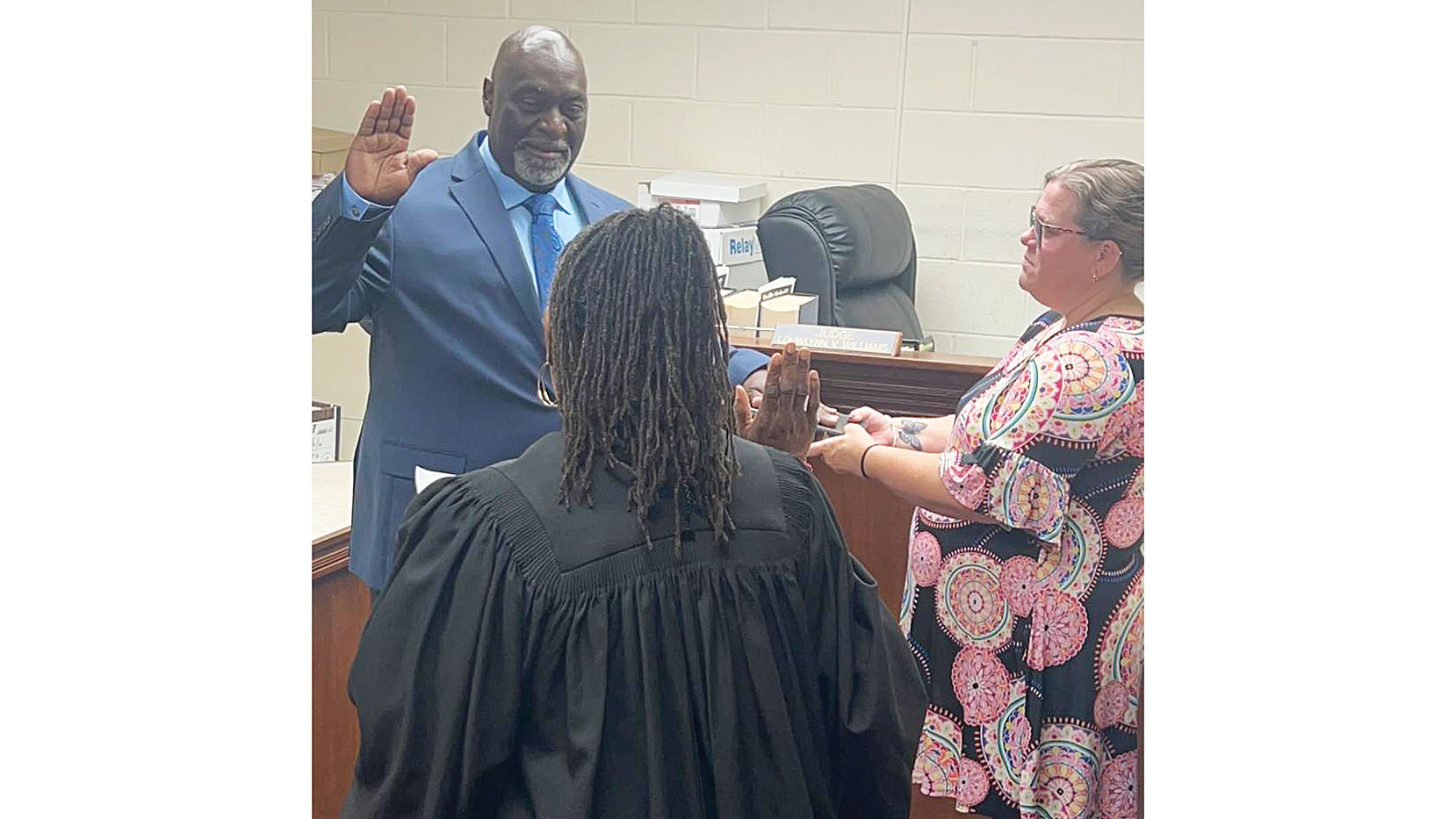MS could see push-pull of Medicaid expansion
Published 7:48 pm Monday, January 14, 2019
(AP) — Just as the leader of Mississippi’s Medicaid program cracked open the door Monday to the idea of expanding health coverage to some of the state’s uninsured residents, Lt. Gov. Tate Reeves seemed to slam it shut.
Medicaid Director Drew Snyder told House Appropriations Committee members Monday that the agency continues to hear from hospitals about how many patients don’t have insurance. He said it is looking at ways to address that.
“We hear from hospitals telling us that the number of uninsured is a problem. I think it’s a fair concern to think about what’s out there to lower those numbers,” Snyder said when asked by Democratic Rep. John Hines of Greenville about whether the state is considering Medicaid expansion.
That’s a softening of the longtime position of Republican Gov. Phil Bryant that Mississippi shouldn’t expand coverage under the state-federal program. Medicaid provides insurance to almost a quarter of Mississippians, mostly children, pregnant women, disabled adults and nursing home residents.
But Reeves, a Republican running for governor this year, restated his opposition Monday at a luncheon sponsored by the Mississippi Capital Correspondents Association and Mississippi State University’s Stennis Institute of Government.
“I will remain opposed to any call for Obamacare expansion, no matter what other name or what other form you want to call it,” Reeves said.
Later, in response to a question about why he opposes expansion, Reeves said three times “I’m opposed to Obamacare expansion in Mississippi” adding “I don’t know how many ways I can explain this to y’all.”
As envisioned under President Barack Obama’s 2010 health care overhaul, Mississippi would have expanded its Medicaid program to include many adults not currently eligible. Estimates say Mississippi could have covered at least 100,000 people. But Bryant and Republican lawmakers have steadfastly refused, saying the state couldn’t afford to pay its share and also expressing a general opposition to providing more government benefits. In fact, the Bryant administration has been asking permission from President Donald Trump’s administration to make a small group of current Medicaid recipients prove they are working, volunteering, attending school or attending substance abuse treatment at least 20 hours per week in order to maintain coverage.
Snyder referred to the recent announcement by the U.S. Department of Health and Human Services that it would expand waivers for states to propose alternative ways to use federal health care money that might not comply with the current rules under the Affordable Care Act.
Centers for Medicare & Medicaid Services Administrator Seema Verma made that announcement in November, suggesting states could use the money to provide a health care savings account, help people buy policies that might not provide as much coverage as on the Obamacare exchanges or address “cliffs” where people lose subsidies.
Bryant could apply for a waiver on his own, and could seek to structure a program where health care providers or individuals had to contribute money instead of state taxpayers. But the Legislature would ultimately have to appropriate any federal money received as part of a new or expanded program.
____
Follow Jeff Amy at http://twitter.com/jeffamy .





